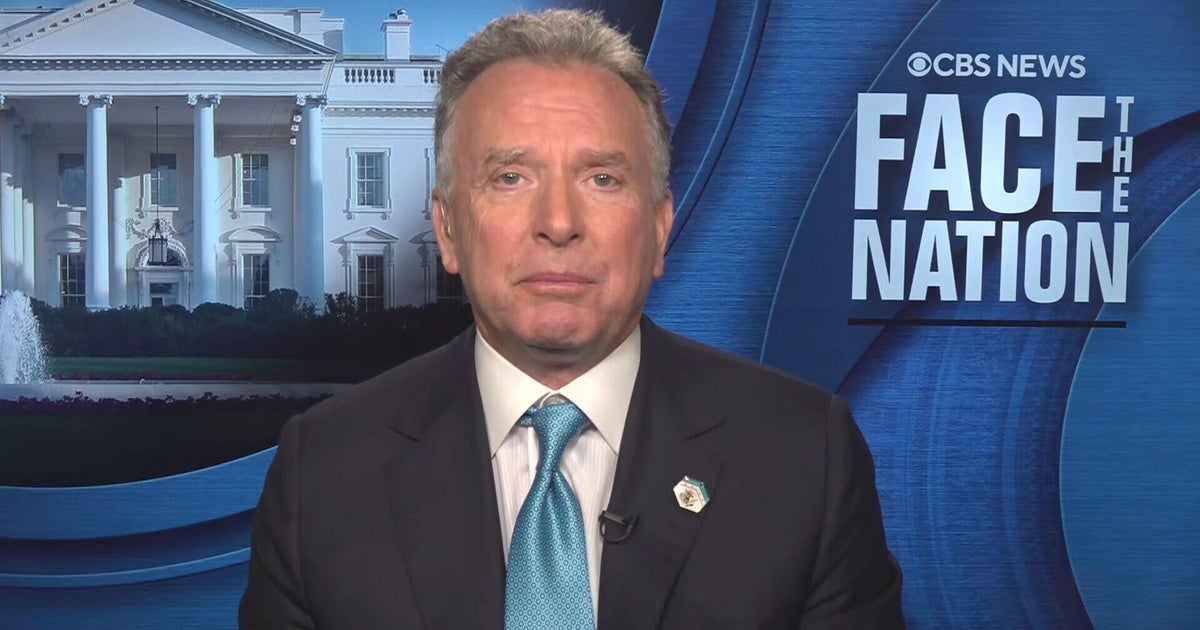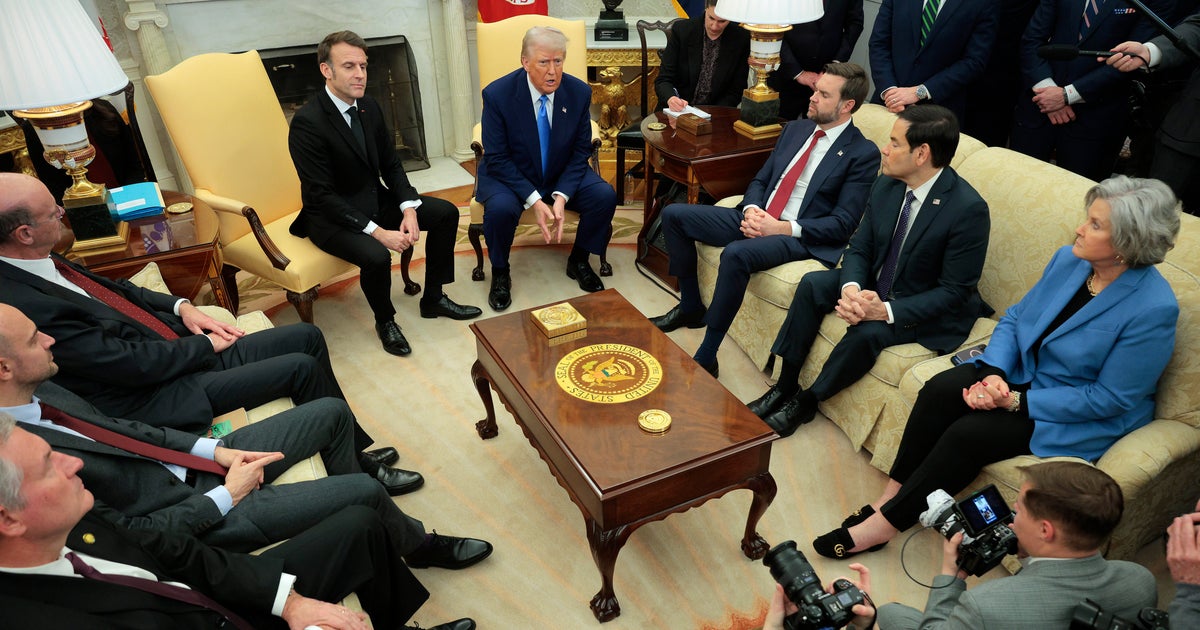Gottlieb warns uncontrolled coronavirus spread in a community makes it "very hard to open" schools in fall
Washington — Dr. Scott Gottlieb, former head of the Food and Drug Administration, warned Sunday it's going to be "very hard" for school districts to open for the upcoming academic year if there is uncontrolled spread of the coronavirus within their communities.
"For local school districts, I think they need to be looking at what is the spread within the community. If you have uncontrolled spread within the community, it's going to be very hard to open against that backdrop." Gottlieb said on "Face the Nation."
With the fall semester set to begin in the coming weeks, the Trump administration had been urging school districts to open their doors to students for in-person instruction five days a week. But the push from President Trump and Education Secretary Betsy DeVos comes as Mr. Trump warned last week the coronavirus crisis will likely "get worse before it gets better" and acknowledged school districts in hot spots may have to delay reopening for a few weeks.
Still, the Centers for Disease Control and Prevention issued guidance Thursday for how best to safely open schools for students. The guidance calls for schools to follow social distancing, recommend students and staff wear face coverings, and keep students in defined groups to reduce contact with others, among other guidelines.
But the CDC did not provide a benchmark for school administrators on when they should move to close a school in the event of an uptick in coronavirus infections, which Gottlieb said was "unfortunate."
"In the setting of uncertainty and the lack of specific guidance for how to keep schools open, I think more parents are going to err on the side of caution," he said. "That's why it's very important to get specificity out of what the hard metrics are that the CDC didn't do in its guidance."
Gottlieb said school districts should think about positivity rates in their community, local spread and testing capacity to guide decision-making on whether to keep a school open or shift fully to online learning. A positivity rate between 5% to 10%, he said, is "starting to get iffy," while above 10% is the "threshold where you really want to think carefully about closing the school districts."
"That is a sign that there is an epidemic underway inside that community," Gottlieb said, adding that it's going to be difficult for parts of Florida, which is an epicenter of the coronavirus epidemic in the U.S., to open their schools for in-person learning next month.
More than 30 states and the District of Columbia are experiencing an uptick in coronavirus infections, with the epicenter of the epidemic currently in the Sun Belt. But Gottlieb said there are indications cases in some states including Arizona and Texas are beginning to plateau.
While Gottlieb said there are "unmistakable signs" the epidemic is slowing in some states across the Sun Belt, it's "heating up" in others, including South Carolina, Alabama, Indiana and Illinois.
Many governors have instituted mandates requiring people to wear masks when they are in public spaces and halted their phased reopenings in an effort to mitigate the spread of the coronavirus. Gottlieb said states should consider shutting down bars, limiting the number of people in restaurants, closing movie theaters and other kinds of indoor entertainment venues, and implementing mask mandates to quell the epidemic, steps that allow states to stop short of reverting back to the more stringent restrictions imposed at the start of the pandemic in March.
In addition to states issuing mask mandates, a number of businesses are requiring customers to wear face coverings as well. McDonald's is among the latest to require face coverings, and the fast food giant joins Walmart, Starbucks and others in implementing their own rules for masks.
Gottlieb said he expects more businesses will implement mask mandates in venues, especially those considered high-risk.
"If we really can manage to keep the epidemic under control heading into the winter until we get to a vaccine or some kind of therapeutic that changes the clinical trajectory of this illness, just with masks that's going to be something relatively simple that we can all do that doesn't really change our lives and allows us to maintain what's really important to us like keeping some businesses open, like getting our kids back to school," he said.
While Mr. Trump has said he will not impose a nationwide mask mandate, he urged Americans last week to wear coverings, saying during a White House press briefing "they have an impact."



